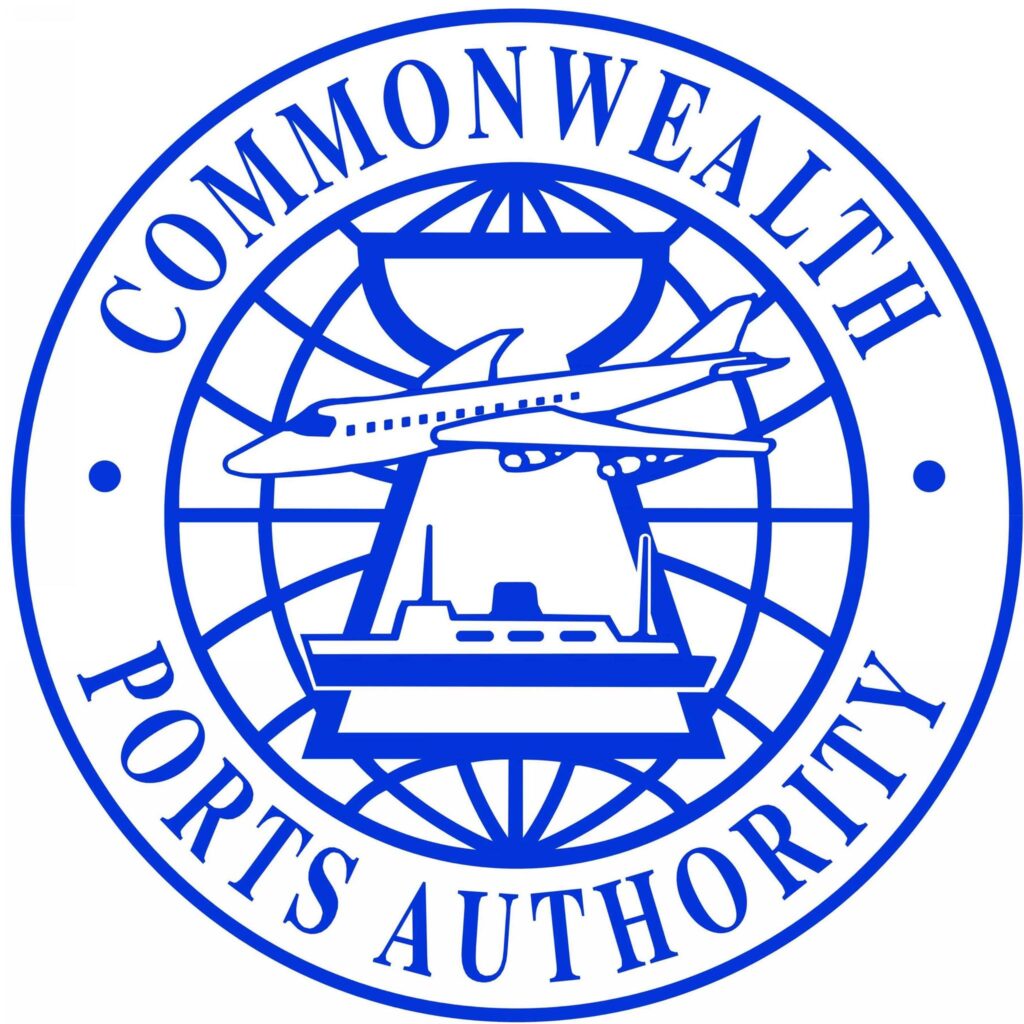
A BICAMERAL conference committee will convene next week to review House Bill 24-17, which proposes to remove restrictions in the use of Commonwealth Ports Authority funds.
Senate Floor Leader Donald Manglona and Rep. John Paul Sablan, who chair the conferees of the Senate and House of Representatives, announced that a conference committee meeting will be held on Tuesday, June 10, 2025, at 10 a.m. in the House chamber.
The meeting will address H.B. 24-17, which seeks to provide CPA with “a greater autonomy in managing its finances.”
Authored by Speaker Edmund S. Villagomez, H.B. 24-17 would suspend, for five years, the provision of Public Law 2-48, which states that all revenue generated from airport operations be used exclusively for airport-related activities, and all revenue from seaport operations be used exclusively for seaport-related activities, with no cross-subsidization between the two.
Section 2174(c) of P.L. 2-48, which established the CPA, states that “all income, revenue, or funds of whatever nature arising out of or derived from activities in connection with or from the use of the airports under the control of the authority shall be specifically designated for and restricted to use for airport-related activities and shall not be expended for seaport related activities; likewise, all income, revenue, or funds of whatever nature arising out of or derived from activities in connection with or from the use of seaports under the control of the authority shall be specifically designated for and restricted to use for seaport related activities and shall not be expended for airport related activities.”
H.B. 24-17, as amended by the Senate, proposes that, for a period of five years, all income, revenue, or funds of whatever nature arising out of or derived from activities in connection with or from the use of the airports and seaports under the control of CPA “may be reallocated and expended for airport and/or seaport-related activities; provided that any reallocation of airport and seaport funds shall be first used to restore the work hours of the employees to 40 hours per week.”
The House, however, rejected the Senate version of the bill, which resulted in the creation of a bicameral conference committee to come up with a compromise measure acceptable to both chambers.











